Five ISPs Express Interest in Delivering 10Mbps UK Broadband USO
Ofcom has revealed that only BT (Openreach), KCOM, Hyperoptic, Quickline and Broadway Partners have expressed a formal interest in becoming suppliers for the new Universal Service Obligation (USO), which from 2020 will make it possible for anybody in a slow speed area to request a broadband speed of at least 10Mbps.
The USO is largely expected to focus on catering for the final 1-2% of homes and businesses across the United Kingdom, which effectively reflects those that are unlikely to be served by a “superfast broadband” (24Mbps+) network come 2020 (i.e. this is estimated to be somewhere around 600,000 premises in 2020 or 900,000 if measured today).
The USO is NOT an automatic service upgrade and as such it will only give people the “legal right” to “request” a 10Mbps+ capable broadband connection, albeit only in poorly served areas where no future upgrades are planned to deliver even faster speeds within the next year (necessary to limit any potential conflict from network overbuilds).
Under the plan this obligation would be funded by ISPs (industry) via a new Universal Service Fund (USF). On top of that it will also adopt uniform pricing (i.e. cost the same no matter where you live), have a cost threshold of £3,400 (i.e. you may have to help pay for it if the costs go above this) and support demand aggregation (i.e. multiple properties in an area could help to bring the deployment cost down).
10Mbps USO Specification
* A minimum download “sync” speed of at least 10Mbps (Megabits per second).
* A minimum upload “sync” speed of at least 1Mbps.
* A medium response time with end to end latency of no more than 200ms for speech applications.
* A maximum sharing between customers (contention ratio) of 50:1.
* A minimum data allowance of 100GB.
* A technology neutrality design (can be delivered via a mix of fibre based and wireless solutions).
So far Ofcom has not finalised exactly how the new USO funding would be extracted or which ISPs could supply it. In June 2018 they set out to rectify part of that question by inviting providers to express their interest in becoming suppliers (here). Today’s update reveals who responded.
Ofcom – Responses to the June 2018 Document
We received 11 responses to the June 2018 Document. Of those respondents, 5 expressed an interest in being a Universal Service Provider:
• Broadway Partners
• BT
• Hyperoptic
• KCOM
• Quickline CommunicationsA further 3 respondents commented on the designation process itself without expressing an interest in being designated as a Universal Service Provider, these were:
• Gigaclear
• Internet Service Provider’s Association (ISPA)
• Speedchecker Ltd.Responses were also received from Bentley Walker, OneWeb and CityFibre, none of which expressed an interest in being a Universal Service Provider nor commented on the designation process. In this document we address only comments relating to the designation process.
We will consider comments received on other matters, including the responses that suggest the Universal Service Provider should be required to utilise all existing networks in delivering the USO, in a consultation later this year which will set out proposals for formal designation of Universal Service Providers and regulatory obligations.
Nobody will be surprised to find that the existing USO suppliers of BT and KCOM are listed, although it’s good to see some smaller alternative network (altnet) providers being named, even though their coverage is comparatively small. Ofcom is known to be considering whether “different providers could be designated in different areas of the UK, or whether the designation of a single national provider would better meet our objectives.”
Hyperoptic may find it particularly tricky to deliver the USO since they predominantly cover large apartment blocks and are only present in sporadic urban areas, rather than rural ones. Suffice to say that designating based on a geographic area (the proposal is to use Local Authority boundaries) would present some challenges.
Meanwhile Broadway Partners specialise in deploying small fixed wireless broadband networks (often using TV White Space technology) and Quickline is a more traditional Fixed Wireless Access (FWA) ISP, although both could in theory install a network with wider coverage on-demand.
Ofcom’s preferred approach to designating USO providers is the direct one (i.e. a choice based on those ISPs that have formally expressed an interest), although they are also considering a competitive tender process but this would take longer and be more complicated.
The regulator has thus launched another consultation today, which will examine the issue of designation and run until 15th October 2018. Further details on the USO should be published later this year.
Mark is a professional technology writer, IT consultant and computer engineer from Dorset (England), he also founded ISPreview in 1999 and enjoys analysing the latest telecoms and broadband developments. Find me on X (Twitter), Mastodon, Facebook and Linkedin.
« ECtHR Rules UK Mass Internet Surveillance of Citizens Unlawful
Latest UK ISP News
- FTTP (5536)
- BT (3518)
- Politics (2542)
- Openreach (2299)
- Business (2267)
- Building Digital UK (2247)
- FTTC (2045)
- Mobile Broadband (1978)
- Statistics (1790)
- 4G (1669)
- Virgin Media (1624)
- Ofcom Regulation (1467)
- Fibre Optic (1396)
- Wireless Internet (1392)
- FTTH (1382)

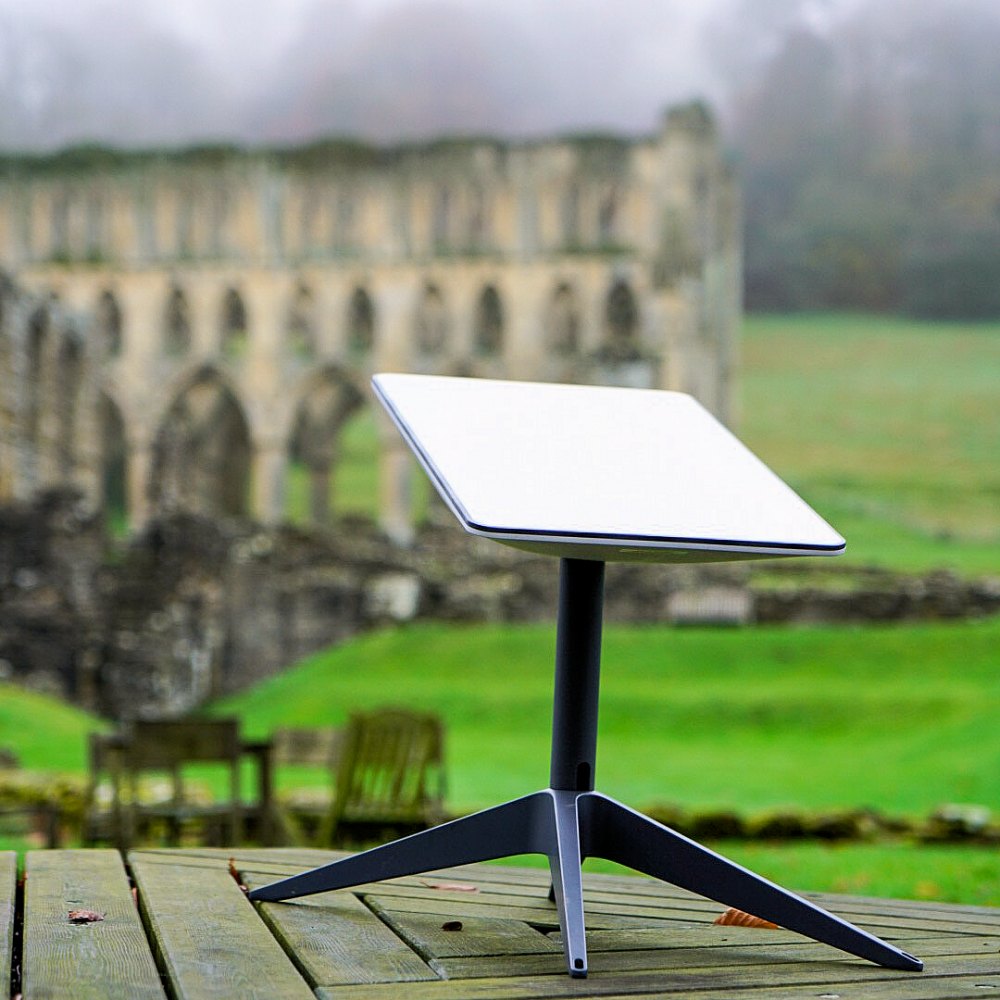
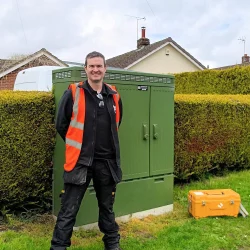
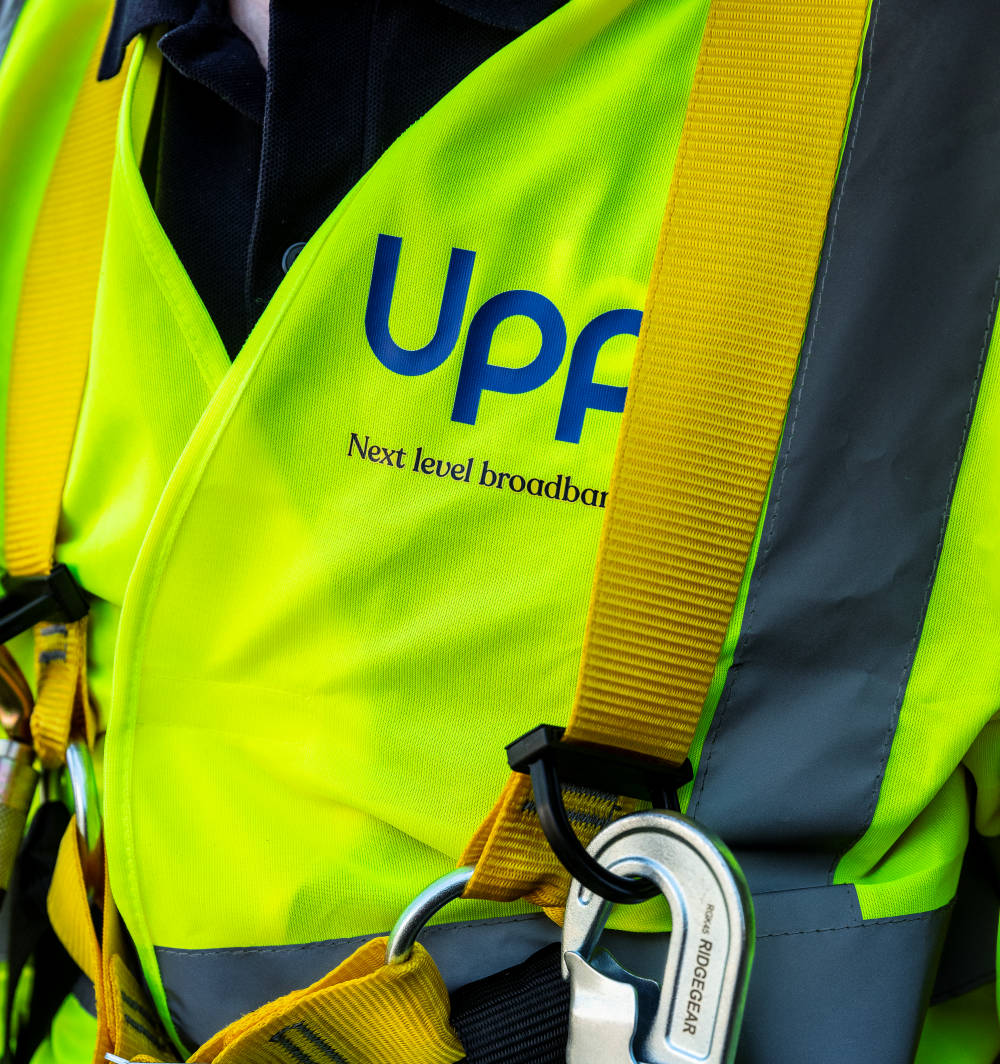

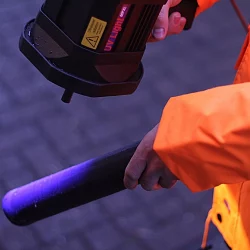

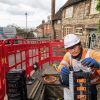









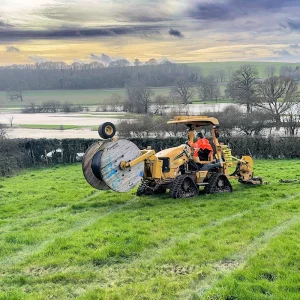

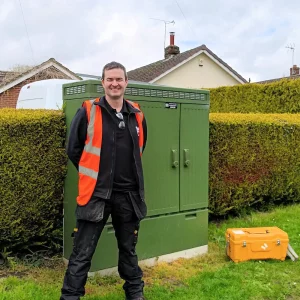
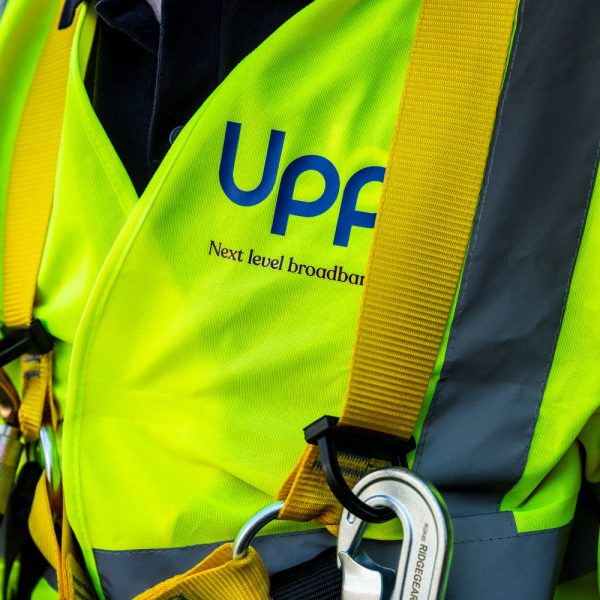
































Why is uk going backwards with minimum speed of 10Mbps. This country is a joke.
There is no minimum at all right now?
Purposely set low to contain the demand on the cross funding. My view is Ofcom, BDUK and others will be surprised by the numbers including some that are supposed to be on superfast. The 10Mb sync is specific. A lot of long lines and EO will automatically become eligible if Ofcom stick to the “within the next year” definition. I recon a “foreseeable plan” definition being adopted.
The funding debate is going to be nightmare. If OR are to be subsidised to provide FTTP then presumably this will only apply to the “extra” fibre cabling cost involved on an individual premises not the main distribution, equipment etc.
The previous ‘commitment’ was to 2Mbps by 2012. This new ‘obligation’is a step up.
Are there any other countries with a similar urban/rural distribution that have a higher minimum speed?
Nope. Not without way more public sector investment than the UK has had. Not something Mr Openreach, if they are who I think they are, has to worry about as other people are picking up the bills.
…and remember, this is minimum ‘sync’ speed of 10Mbps down and 1Mpbs up, not throughput speed. With a sync speed of 10Mbps your throughput could still be somewhat less, it is for this reason that the proposed 10Mbps baseline is still very poor.
And if another operator is already claiming that area that will be it I would expect
Although the target is set low, I for one would appreciate the three fold speed increase
And I will be delighted with a 20 times increase. If I can afford it!
Well I have a curiosity which I’d like to know!
If under USO from 2020 a customer does not receive 10Mbps and has a legal right to request it, does that customer also have the legal obligatory right to be able to force a local building authority/management team to agree a deal for Fibre wayleave?
I ask this because if companies like KCOM, Hyperoptic have expressed interest to become a USO supplier to lay their Fibre service. What happens if the building management team refuses to make a wayleave agreement?
I know USO will not apply for me as I get above 10Mbps. But also knowing that Hyperoptic in my case have had no luck persuading my management team to sign wayleave. I also know that I have no power to legally take action against the management team to agree with any Fibre installations. There is currently no such law to force private estate managing teams to sign any agreements for Fibre.
I fear that those on USO will still be stuck on less than 10Mbps since it is still under the discretion of a local authority to sign wayleaves should FTTP be the only viable solution for those few areas who have yet to even get FTTC. I know in some rural areas where the cabinet is too far away from their property, FTTC wouldn’t work and speeds would be just as slow or worse than ADSL.
This is one of the reasons why the Government’s FTIR has proposed new rules:
https://www.ispreview.co.uk/index.php/2018/07/gov-detail-major-changes-to-boost-uk-full-fibre-broadband-and-5g.html
“Providing Operators with a ‘right to entry’ to flats, business parks, office blocks and other tenanted properties to allow those who rent to receive fast, reliable connectivity, from the right supplier at the best price;“
There is a big difference between ‘right to entry’ and utilising comms cupboards, risers, connecting to communal power supplies and any damage to fabric and paintwork. A hostile landlord could charge all reasonable costs of the intrusion and insist on no surface wiring. So the liabilities are high. A more mature discussion with freeholders regarding the increased value of their asset would be far more productive. As highlighted before I still see G.Fast2 technologies having a place in the access options as it avoids any liabilities to the tenant or network provider.
The right to demand will also have a cost threshold in the same a telephone service does today if that service costing more than x then the costs over and above x would be funded by the requester
I would expect the isp to function in the same way the big issue is how much will x be
@Meadmodj: You mention about fabric and paintwork damages associated with drilling and inserting Fibre cables into the residents flats and that’s totally understandable.
However, this doesn’t appear to be a concern from my management team since a couple of years ago they have installed a new communal satellite dish at the top of the building with engineers installing Sky & Hotbird Communal system boxes inside the entire 82 flats of my building. The question is, how is this not a concern for them, but Fibre is? Considering that this was satellite aerial cables being inserted into each flat which is not much different from Fibre cables.
Also when the Satellite TV aerial hotbird signal was broken a few months ago due to strong winds and I physically went to their estate office they ignored. But when I emailed them leaving this as a documentary evidence reminding them that it is a legal issue. Then immediately they responded and the next day I received a phone call with an engineer booking a visit to fix the communal TV aerial signal for the Hotbird system!!
So it appears that having a broken communal TV aerial signal is a legal issue but not having decent broadband speeds has not yet become a legal issue in the UK! Having decent broadband is no less important than having TV aerial system working.
In the current state of law you cannot prosecute an authority and tell them for example “I am receiving less than 10Mbps, make an agreement for fibre please”! They will simply ignore and say it’s not their problem as they’ll not face any legal consequences. New laws need to be introduced for USO to work and Fibre coverage to be boosted rapidly in the UK.
If you take the time to read through the response documents, there are some key points of note particularly in BT’s response
BT Group expect to cover 450k USO properties with their (EE) 4G Broadband service – this product currently has 17k active services / connections.
The remaining 150k USO properties would see some sort of new network build, likely to be FTTP, either pro actively built by Openreach to all sub £3400 properties or demand led build using the CFP model of aggregation.
BT Group would run a customer facing service signposting USO properties to other networks if available including VM, Gigaclear and B4RN.
Some of the other company responses lack clarity or substance but are clearly limited to specific geographic areas… With that you can conclude that the USO is going to be 4G based for the bulk of properties.
No supplier is offering a universal FTTP build on USO demand type service using the £3400 cost ceiling.
Call me a cynic but in one of me previous posts I highlighted that I envisaged this would be BT’s response in providing part solution in their commitment to their delivery of the USO via EE.
A buy out of a mobile operator with good 4G coverage could never have been timed better!
However, as Mark has highlighted in a newer article on here with regard to Ofcom’s proposed improvements to UK Mobile coverage, not everyone wants to be an EE customer!
Where new/replacement fixed line FTTP builds will not be made available BT/EE will probably be able to sweep consumers up using this method which in itself could create further questions around lack of competition for delivery of the USO to consumers. We will end up in a ‘this is what you can have, if you don’t take it you can stick with your existing poor service’, possibly forever!).
Those fortunate enough to avail of new FTTP builds will at least have a choice of ISP to supply them with a service, if the builds are conducted by OR. The USO should really make it very clear that a fixed line service should be absolutely delivered where possible, other potential deliverables should only be proposed or considered where a fixed line build is not realistic and justification should be defined as to why this is so, after all I am sure claims will be made for a cut of the £3400 government grant per household where possible regardless of how the USO is delivered. Failing this the USO excitement may become very short lived, uncompetitive and potentially very costly and data limiting for the consumer.
Apologies for the lack of new paragraphs above, I am not sure what happened there.
There is no funding or grant of £3400 per property, there will be an industry fund, which designated USO providers can claim unfair costs from. BT make the valid point that the industry isn’t keen on paying into this fund, so arguing for the lowest cost solution for USO properties makes sense.
I don’t recall seeing anything in the USO terms that suggests wholesale / ISP choice is a factor – in fact the opposite to fulfil all the USO technical requirements a closed network would be needed.
Sure a fixed line service would be desirable, but no supplier has stepped forward willing to offer that.
BT Group’s USO designation EoI is broadly similar to their voluntary offer to government, but with the %’s tweaked.
What I meant to say there Jim was that Ofcom should define the USO to stipulate that the provision of a fixed line service should be considered first, not that it does, it is my opinion that they should.
The potential to offer Mobile Broadband coverage as the answer to the USO via EE or any other Mobile operator has its issues. This in itself may not be made clear to consumers or business that sign up to such a service.
If the consumer or business have a need for a static public IP for example using a mobile network for delivery of Broadband will be problematic owing to the NAT structure in place for Mobile connectivity.
You may also find that the 900,000 currently sitting without access to Superfast+ products may be able to receive Superfast+ already via a Mobile Data service but don’t realise they can. The proposed minimum cap of 100GB per month via the USO is already available via a small number of Mobile operators so the USO is effectively possibly achievable already. If BT use EE to deliver their element of the USO for example they aren’t doing anything that isn’t already there, granted, they may be able to offer the same existing service at a lower price.
I am also confused over the £3400, I was under the impression that this could be used towards delivery of service per property (max) with the customer stumping up any additional cost? I was also under the impression that a cluster of potential customers could collectively get together that reside on the same line and approach the designated USO deliverer, pool their resources and again pay any further overhead between them to achieve the very same outcome, much like Community Broadband, perhaps I am wrong?
Worth you reading the responses on Ofcom site – will make it clearer
Static IP is available on some contracts & in fairness competition is available via other MNO should they choose to offer it – currently only EE & Three do.
With 17k live customers- that makes them bigger than most alternatives & with 450k reach today